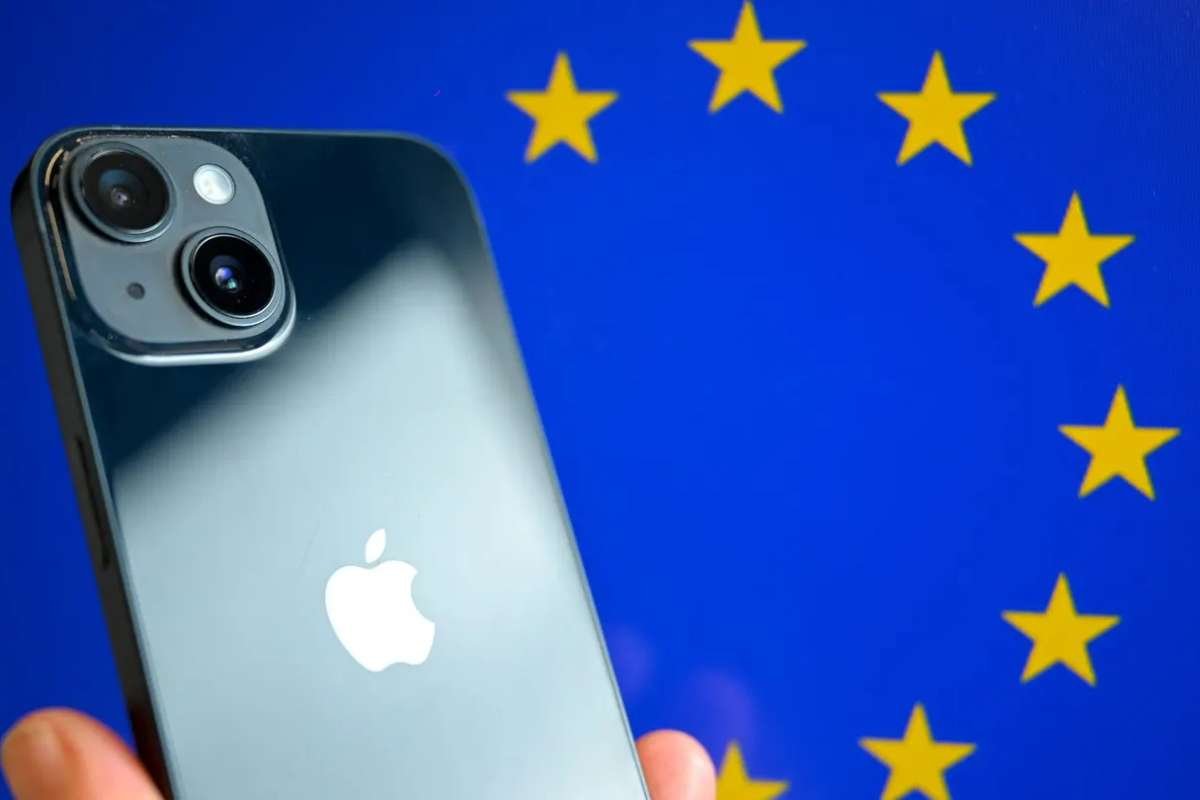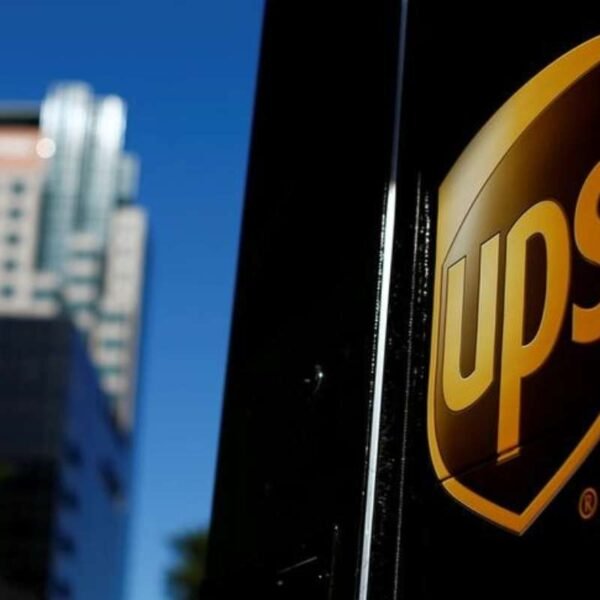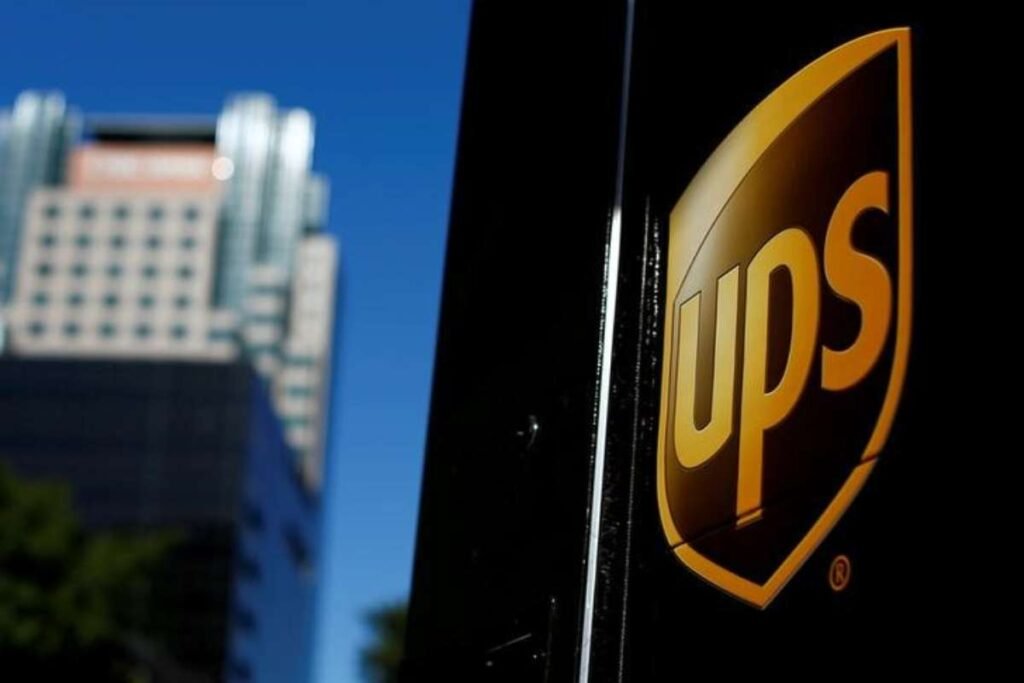(Source-Forbes)
Landmark Ruling Ends Long-Running Tax Battle
The European Union’s top EU court orders Apple to pay €13 billion ($14.4 billion) in back taxes to Ireland, a decision that brings an end to a years-long legal battle. The European Court of Justice (ECJ) ruled in favor of the European Commission’s 2016 decision, which found that Apple had received “unlawful aid” from Ireland. Despite this significant financial gain, Ireland had fought against the ruling, fearing that it could jeopardize its reputation as a low-tax haven for multinational corporations.
The Irish government now faces the politically delicate task of managing this unexpected windfall just months before a general election. The funds, currently held in an escrow account, will be transferred to Ireland in the coming months.
EU Court Orders Apple – Political and Economic Ramifications
The ruling leaves Ireland in a complex position. On the one hand, the country is set to receive a substantial cash injection. However, Irish lawmakers had long argued that the funds were not theirs to claim, maintaining that EU court orders Apple were not granted any preferential tax treatment. Aidan Regan, a political economy expert at University College Dublin, explained that Ireland now faces significant domestic pressures, particularly in the lead-up to the election. The government will need to decide how best to use the €13 billion, especially as the country grapples with a housing crisis and infrastructural challenges.
Regan noted that the Irish government may pay less attention to international reactions and instead focus on satisfying voters. This is especially true given that Ireland’s economy is currently performing well, with a budget surplus driven by strong corporate tax revenues.
Tax Justice Advocates Celebrate Decision
While Apple expressed disappointment with the ruling, tax justice advocates praised the court’s decision. Margrethe Vestager, the outgoing EU competition chief, hailed the outcome as a “huge win” for European citizens. Alex Cobham, CEO of the Tax Justice Network, highlighted the ruling as evidence of the failures of international tax rules, arguing that it underscores the need for global tax reform. Cobham emphasized the importance of the ongoing UN negotiations on a framework for international tax cooperation.
Chiara Putaturo, an EU tax expert at Oxfam, echoed these sentiments. She called on the EU to close tax loopholes that allow large corporations to avoid paying their fair share, urging governments to redirect tax revenues toward public services such as healthcare and education.
Ireland’s Future as a Low-Tax Haven
Ireland, home to Apple’s European headquarters, has one of the lowest corporate tax rates in the EU. The country had contested the case for years, concerned that enforcing the tax ruling would diminish its ability to attract investment. Robert Dever, a tax expert at law firm Pinsent Masons, noted that while Ireland’s reputation could be affected, recent changes to the country’s tax code may mitigate the damage.
The process of transferring the funds to Ireland will take several months, but the ruling marks a significant moment in the global debate over corporate taxation. Whether this will alter Ireland’s standing as a favored location for multinational companies remains to be seen.
Also, Read – The Enterprise weird










